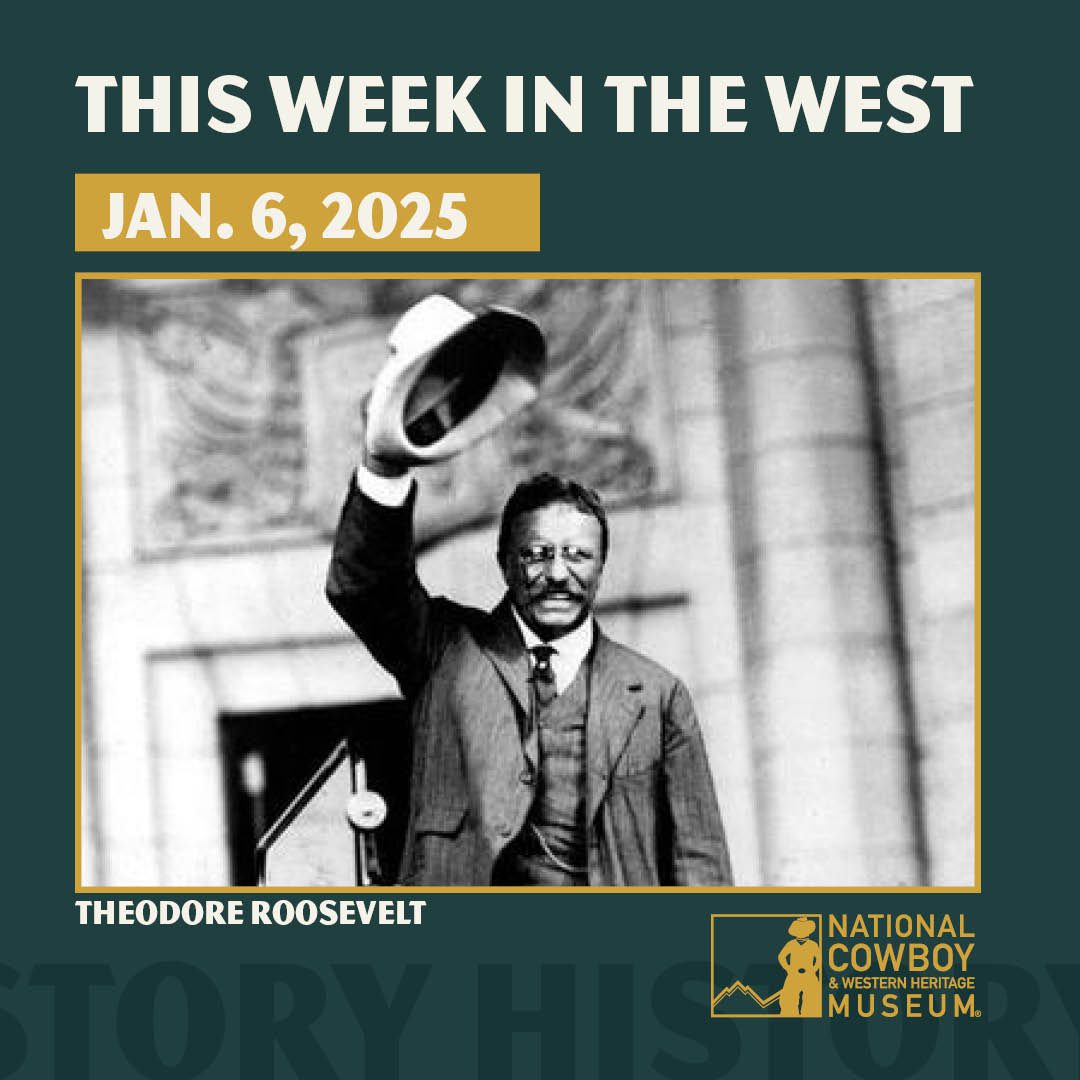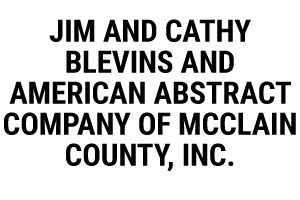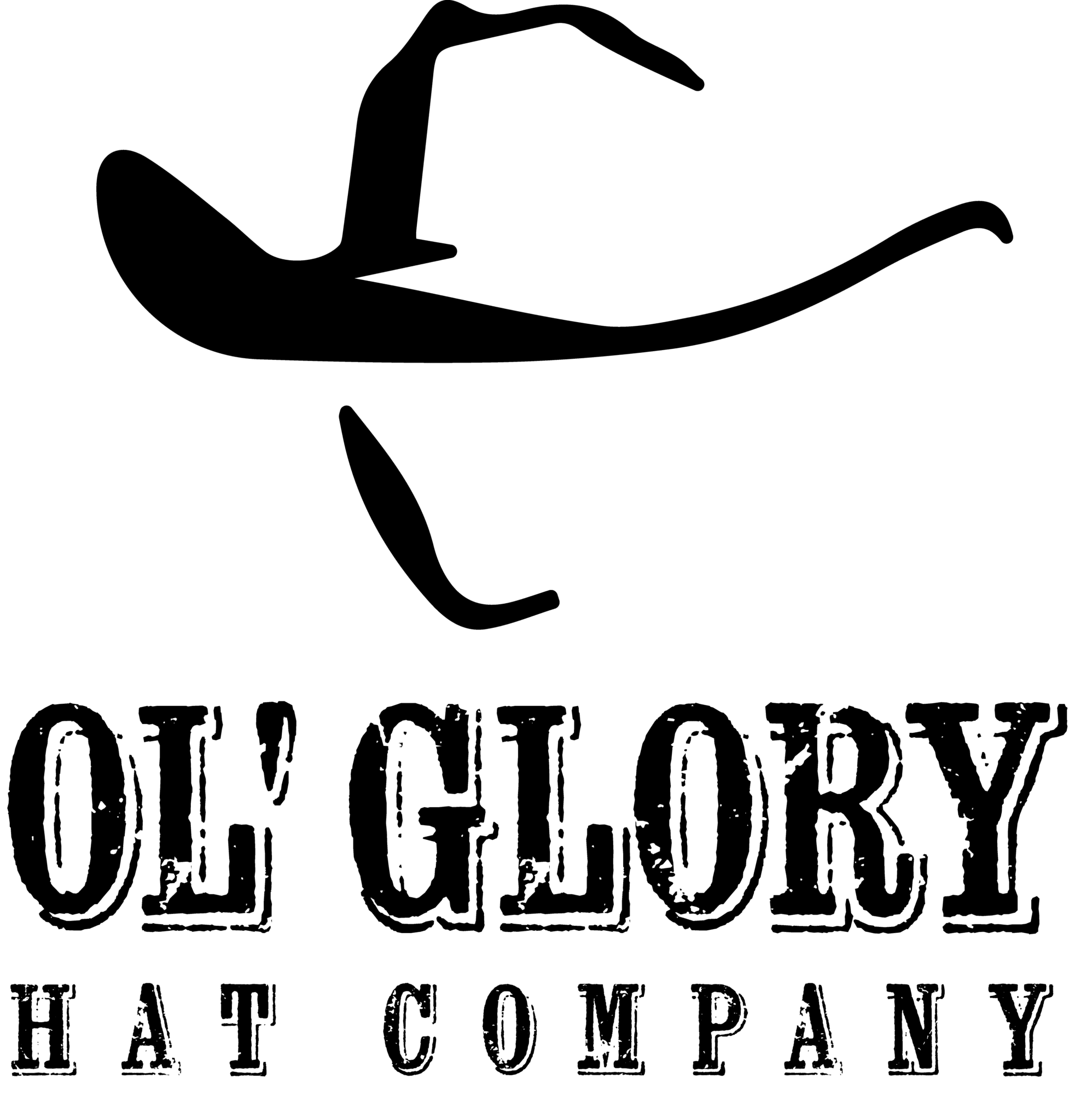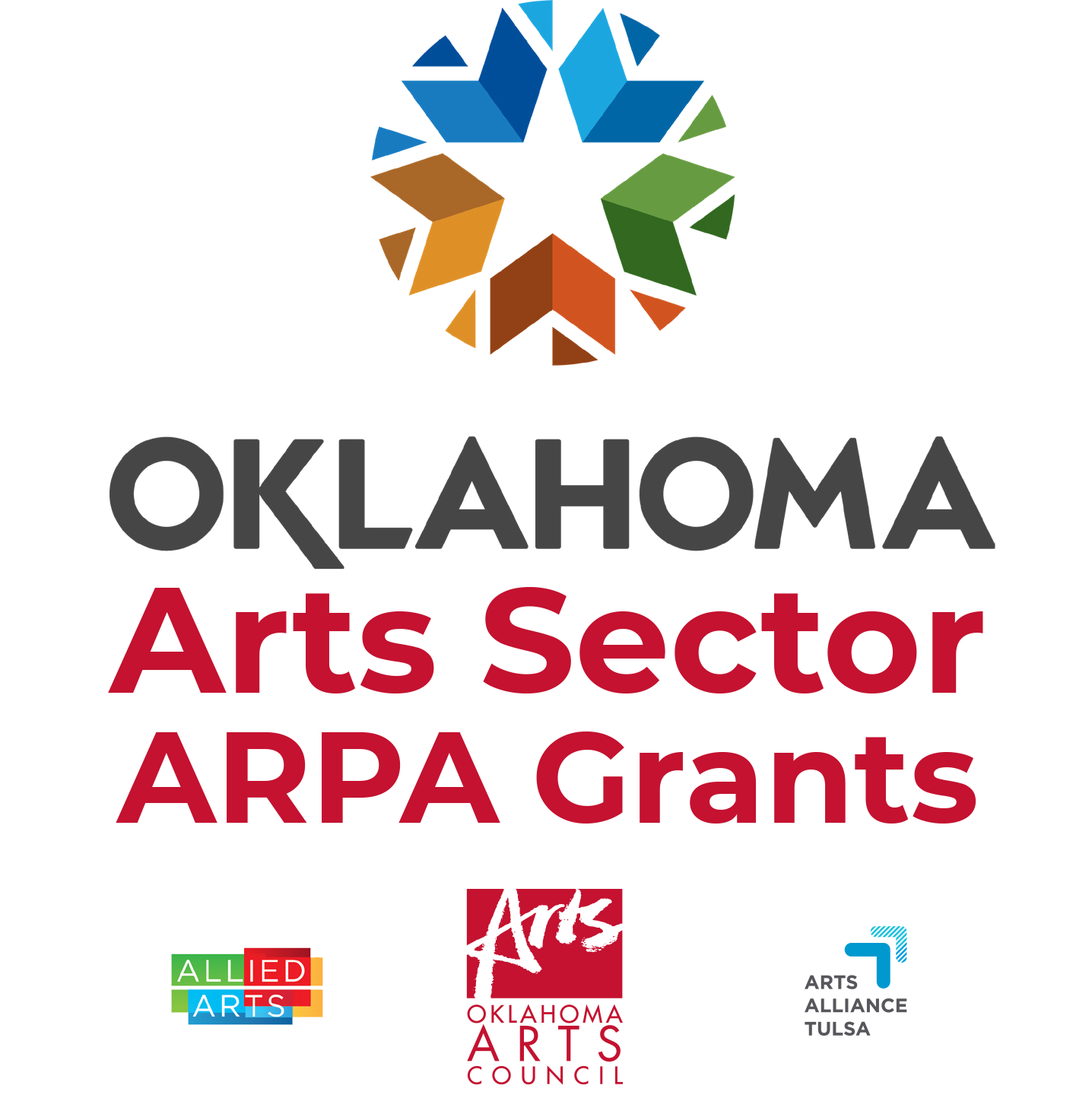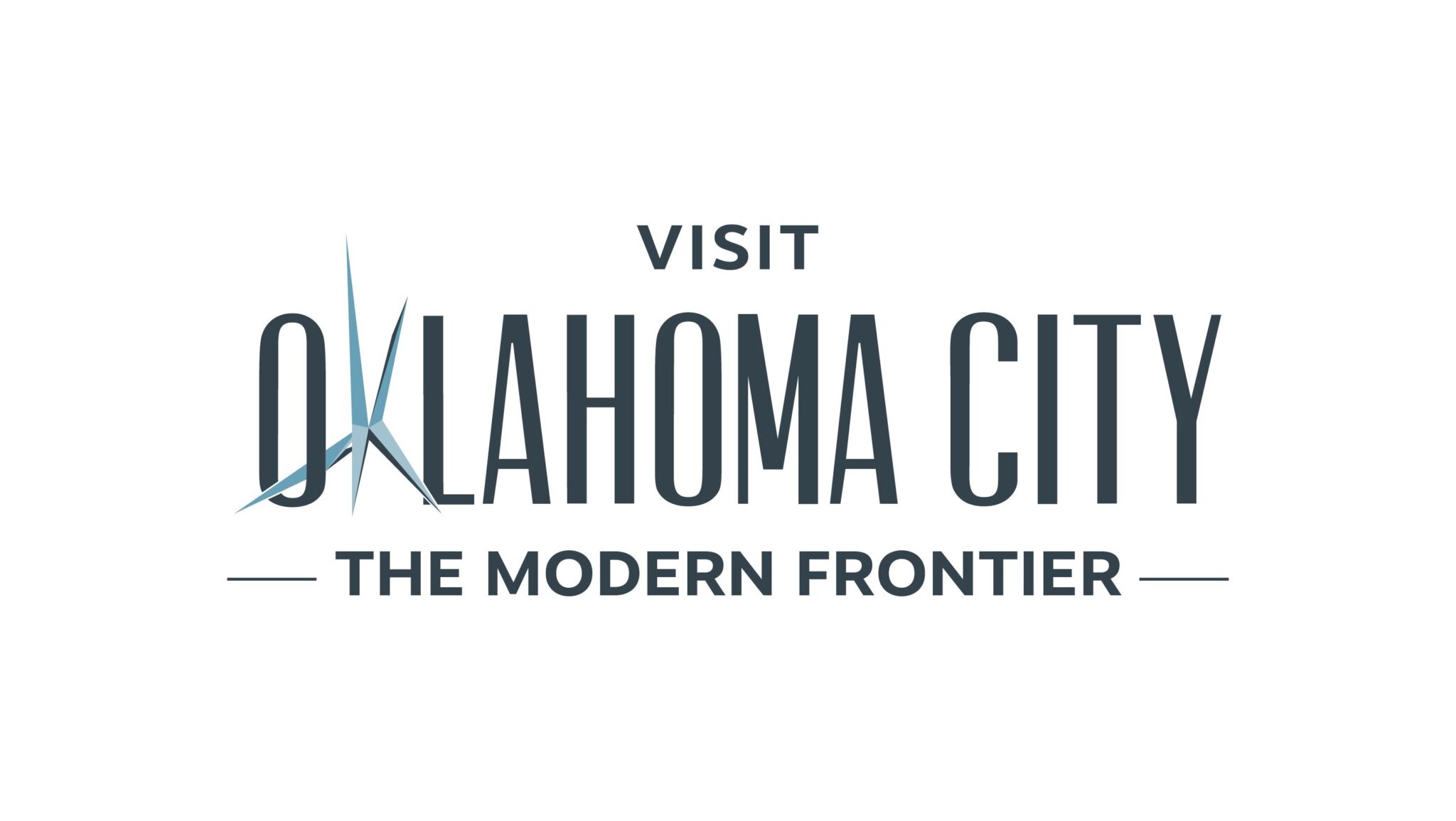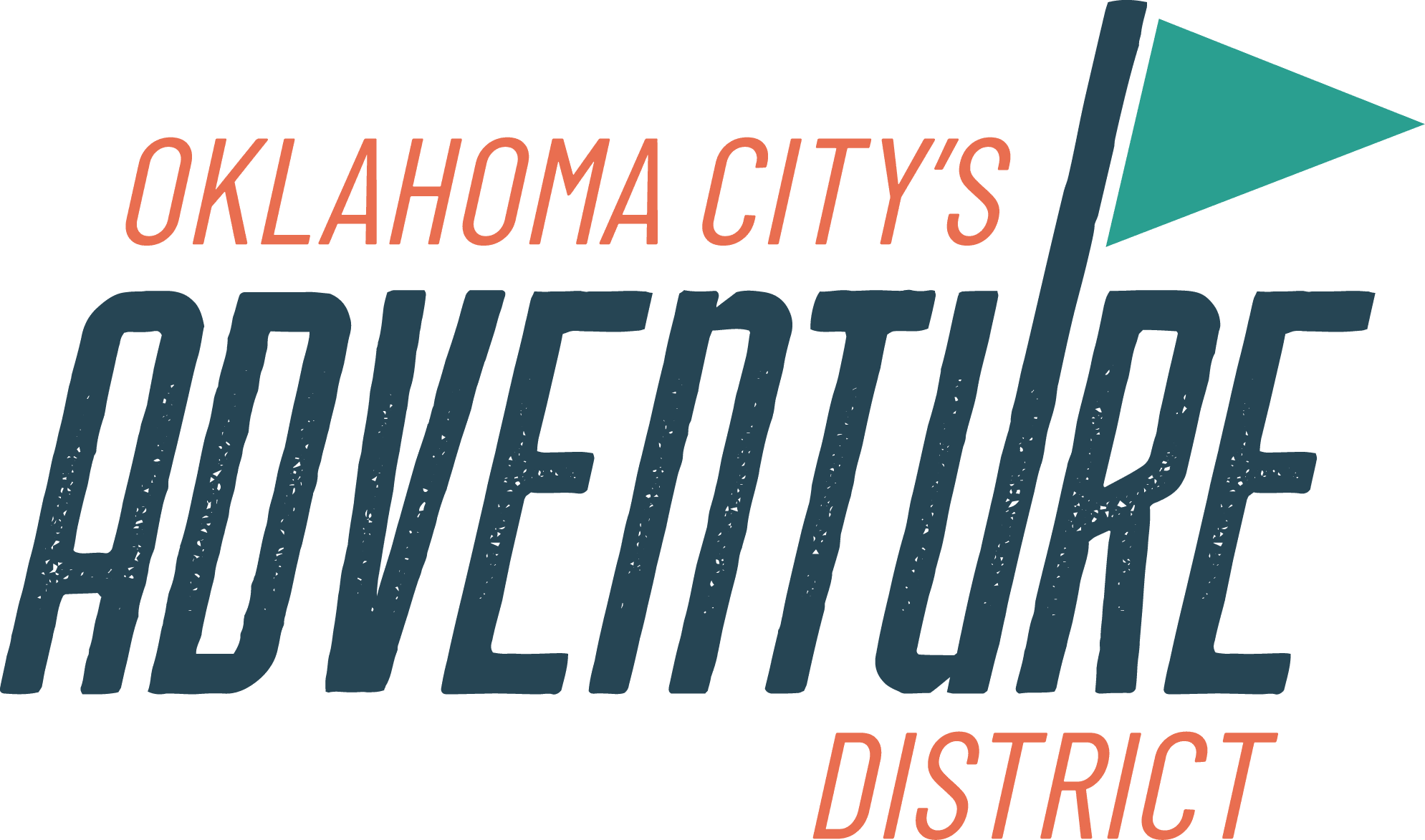Welcome to “This Week in the West.” Each week, we’ll share the show’s scripts here on our blog. Be sure to subscribe on your favorite podcast app or check back here every Monday.
If you have questions, ideas or feedback about the podcast, you can reach out to podcast@nationalcowboymuseum.org
Episode 10: Theodore Roosevelt
Howdy folks, it’s the first week of January 2025 and welcome to This Week in The West.
I’m Seth Spillman, broadcasting from the National Cowboy & Western Heritage Museum in Oklahoma City.
On this podcast, we share stories of people and events that shaped the history, art and culture of the American West—and those still shaping it today.
Rarely has anyone suffered as tragic a day as Theodore Roosevelt did on February 14, 1884.
Roosevelt was at work as a state legislator when he was summoned home. His mother was dying of typhoid fever, while his wife was still facing a difficult recovery from giving birth a few days before.
By the time Roosevelt had returned home, he was able to be with his mother, who succumbed to her disease in the morning. But only a few hours later, his wife would also die, killed by an undiagnosed kidney ailment whose symptoms had been masked by her pregnancy.
It was devastating for Roosevelt, who we remember this week on the anniversary of his death, Jan. 6, 1919.
In his journal, Roosevelt scrawled a big black X across the page for February 14 with the words, “The light has gone from my life.”
A heartbroken Roosevelt searched for a way to recover and rebuild his life.
So he headed West.
In the summer of 1884, Roosevelt left New York and settled into a low-slung, log ranch house near the Little Missouri River, 35 miles north of Medora, North Dakota.
Living on the ranch would transform Roosevelt, who had been known as an elite, Gilded Age intellectual, but was always a proponent of The Strenuous Life as well. He would challenge himself physically, embrace nature and do hard things.
Roosevelt raised cattle and met up with cowboys and Native Americans, some of whom he would later recruit into the Rough Riders unit during the Spanish-American War.
It seemed Roosevelt couldn’t help but lead, even among the Badlands.
He organized other ranchers into the Little Missouri Stockmen’s Association to prevent cattle from overgrazing the land. Ever the hunter, Roosevelt went after bison, bears and antelope. He’d later form the Boone and Crockett Club, which focused on conserving large game animals.
In 1886, he was working as a deputy sheriff of Billings County when he and two of his ranch hands decided to chase down a group of boat thieves.
There was still ice in the Little Missouri River when the group set on a two-week trek, covering 300 miles in the cold of the early Spring. They finally tracked down the thieves and turned them over to authorities.
Roosevelt would later say that if not for his time in North Dakota, he would never have been president. His time there had recalibrated the legendary leader, mending some of the pain he had experienced on that dreaded day a few years before.
Roosevelt ended up writing three books about his North Dakota experiences. In one, he shared his feelings of returning to his ranch after a long day.
Roosevelt wrote: “There are few moments more pleasant than the home-coming, when, in the gathering darkness, after crossing the last chain of ice-covered buttes … we see, through the leafless trees, or across the frozen river, the red gleam of the firelight as it shines through the ranch windows and flickers over the trunks of the cottonwoods outside, warming a man’s blood by the mere hint of the warmth awaiting him within.”
A brutal winter in 1886-87 killed hundreds of thousands of cattle across the Plains, including more than 60 percent of Roosevelt’s in what would be known as the Great Die-Up.
Roosevelt had left North Dakota North Dakota in September 1886 and returned to New York to continue his political ascendence.
He’d remarry, become police commissioner of New York City, assistant secretary of the Navy, Governor of New York, Vice President and, with the assassination of William McKinley, President of the United States. All within 15 years of leaving the Badlands and all before he turned 43.
In his book “Dreams of El Dorado: A History of the American West,” author H.W. Brands wrote that Roosevelt may have left the West, but the West never left him.
Brands said: “(Roosevelt) never lost his emotional connection to the West, nor his belief that the West, for all its ability to shatter dreams, was where the American spirit shone brightest and most true.”
During his Presidency, Roosevelt created the National Parks Service, protecting some of the other Western lands – like Yellowstone and Yosemite – that he had visited.
Roosevelt would go on to win re-election, champion the building of the Panama Canal, and run for President a third time under the Progressive or Bull Moose Party before retiring to a quiet life of African big game hunting and expeditions to the Amazon.
Roosevelt died on January 6, 1919.
He was 60.
Woodrow Wilson’s vice president, Thomas R. Marshall, famously said, “Death had to take Roosevelt sleeping, for if he had been awake, there would have been a fight.”
In 1955, Roosevelt was one of our original five inductees into the Hall of Great Westerners, along with Will Rogers, Charles Goodnight, Charles Russell and rodeo cowboy Jake McClure.
And with that, we’ll say “Bully” to this episode of “This Week in The West.”
Our show is produced by Chase Spivey and written by Mike Koehler
Follow us and rate us on Apple podcasts or wherever you hear us. That helps us reach more people.
We can follow us on social media and online at nationalcowboymuseum.org.
Got a question or a suggestion? Drop us an email at podcast@nationalcowboymuseum.org
We leave you today with some more motivational words from Teddy Roosevelt as we charge into a new year: “I have never in my life envied a human being who led an easy life; I have envied a great many people who led difficult lives and led them well.”
Much obliged for listening, and remember, come Find Your West at the National Cowboy & Western Heritage Museum.
